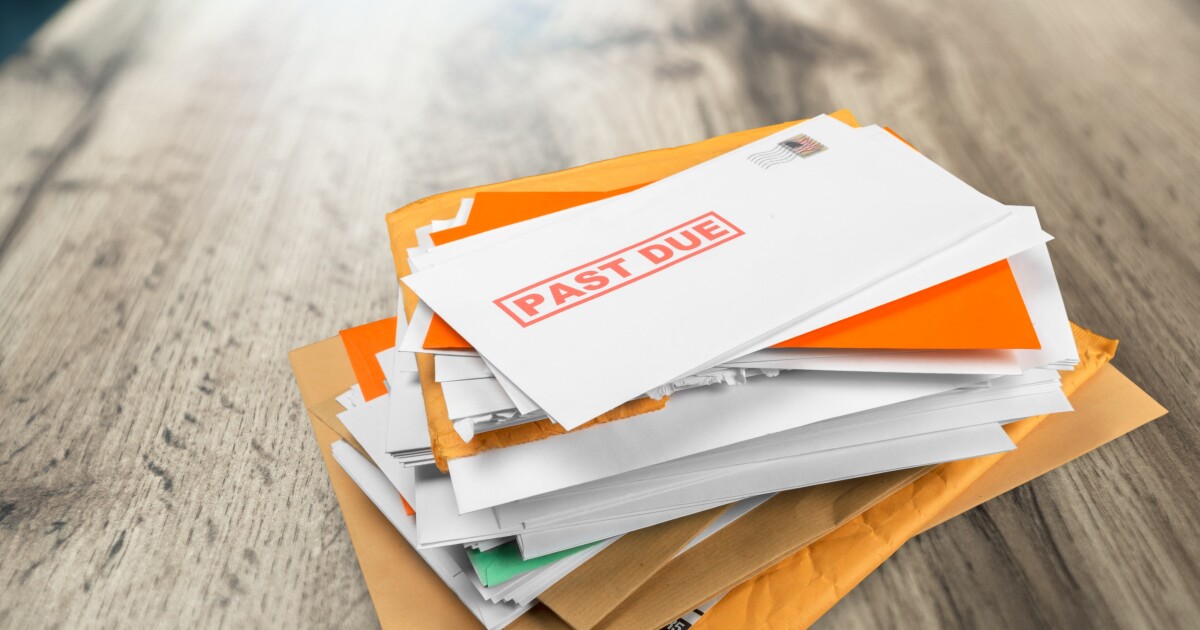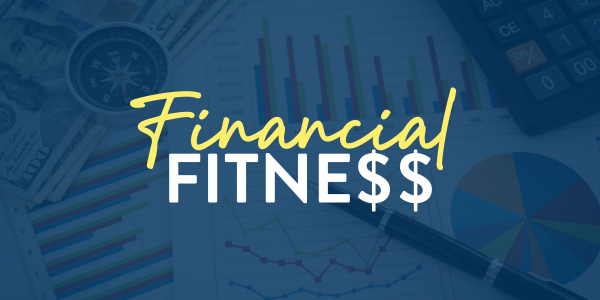[ad_1]
Coverage specialists and governments all over the world are deeply dissatisfied with the best way multinational companies are taxed, particularly massive tech corporations. The Organisation for Financial Co-operation and Improvement (OECD) has developed what it hopes can be a two-pronged resolution: A world minimal company revenue tax and a tax primarily based on the place companies promote their merchandise.
However some tax specialists assume even these broad reforms will fail in an more and more digital world economic system. As a substitute, they’re proposing a tax on digital information. Not on its worth or the revenue it generates, however on the quantity of information.
For these of us used to a world of revenue or consumption taxes, it’s a far-fetched concept. However administratively it could be not so completely different from a extra acquainted levy—a carbon tax that’s imposed on the overall quantity of greenhouse gasses emitted by a agency.
Rethinking conventional tax ideas
This Thursday, my visitor on the Tax Policy Center’s webcast The Prescription can be College of California Irvine regulation professor Omri Marian. He made the case for such a tax in a 2021 paper. World Financial institution economists Cristian Óliver Lucas-Mas and Raúl Félix Junquera-Varel have proposed their own version. College of Michigan regulation professor Reuven Avi-Yonah and co-authors suggested a similar idea earlier this yr.
Companies usually pay taxes on revenue generated from the sale of their items or providers (after deductions and credit for the price of doing enterprise). They might pay to the jurisdiction the place they’re situated or the place their product is bought.
However, says Marian, it’s more and more troublesome to find out the place revenue is earned, who owns the info, and what it’s value. What occurs when, say, Fb customers obtain a service in alternate for his or her private data however no cash modifications palms?
He writes, “the info economic system essentially modifications the position of supply, possession, and financial worth…. In data-rich markets, it’s not even clear [they] are theoretically significant constructs of legal-tax design. It’s not clear that they help, in any significant method, to determine one’s potential to pay.”
Taxing information, not revenue
In recent times, a number of international locations tried to confront these challenges by way of licensing fees or excise taxes on telecom firms. Others tried a digital providers tax (DST) on gross revenues from a tech agency’s gross sales of their jurisdictions. However these country-by-country DSTs run the chance of both double-taxing companies or lacking taxable income.
The OECD’s Pillar 1 tries to confront these issues by way of a uniform worldwide system. Every nation would tax revenue generated by advertising and distribution of digital merchandise by a handful of enormous multinationals inside its jurisdiction. Marian praises the intent of the OECD effort however believes it would fail.
In distinction, his tax base is the quantity of uncooked information, irrespective of its use. The consumer of the info pays the tax. The levy may very well be imposed by international locations or by sub-national jurisdictions comparable to US states.
Don’t attempt to anticipate how the info can be used, Marian says. Authorities by no means will sustain with these modifications. As an alternative, merely measure the circulate of information, and tax it. Monitoring that exercise, he says, is straightforward. Telephone corporations do it on a regular basis.
Marian wouldn’t immediately tax people each time they make a cellphone name or obtain a film. Solely heavy customers would pay immediately. That would make the tax simpler to manage and extra progressive.
Many variations
It does increase the query of who in the end would pay the tax. Most economists consider company revenue taxes are paid by some mixture of staff, shareholders, and different capital house owners. In contrast, commodity or excise taxes (comparable to taxes on gasoline or beer and wine) usually tend to fall finally on shoppers.
Marian describes many information tax choices: An excise tax one thing just like the 1990s-era bit tax, a direct information tax, or a dividend tax on companies that acquire and retailer important portions of private data with a rebate to these whose information they collect.
Marian says a straight-forward information tax would work like this: New York State imposes a $1 tax on every gigabyte of information a agency collects from or transmits to New York IP addresses. It doesn’t matter from whom the info is collected, the kind of information, or which machine uploads the info.
Avi-Yonah and coauthors would tax solely downloads by for-profit companies, excluding small companies and people. Lucas-Mas and Junquera-Varel favor a digital license tax and a levy on bandwidth.
Much more work have to be accomplished to design an precise tax and tackle administrative points. And critics ask why governments would need to tax information, which, in contrast to, say carbon emissions, usually has constructive advantages. Some recommend a extra acquainted consumption tax may very well be a greater different. However all these concepts are value contemplating as expertise continues to outrun the normal company revenue tax.
[ad_2]
Source link


















